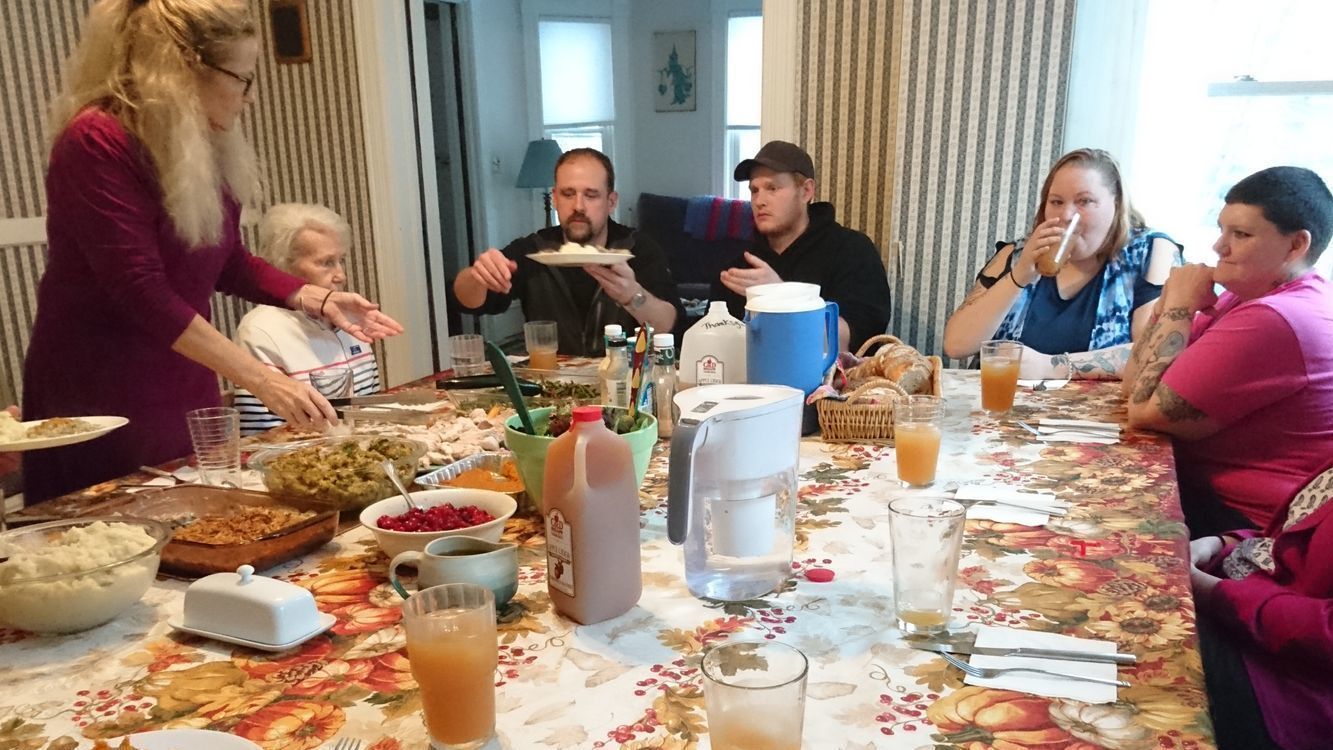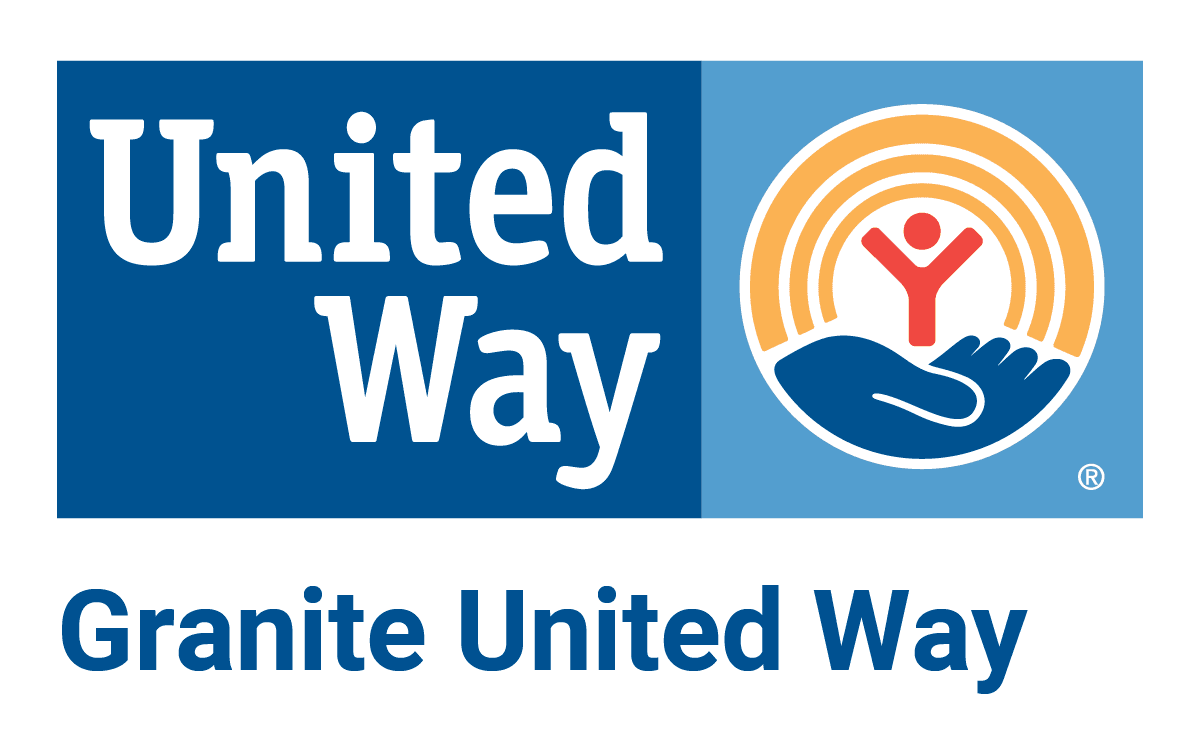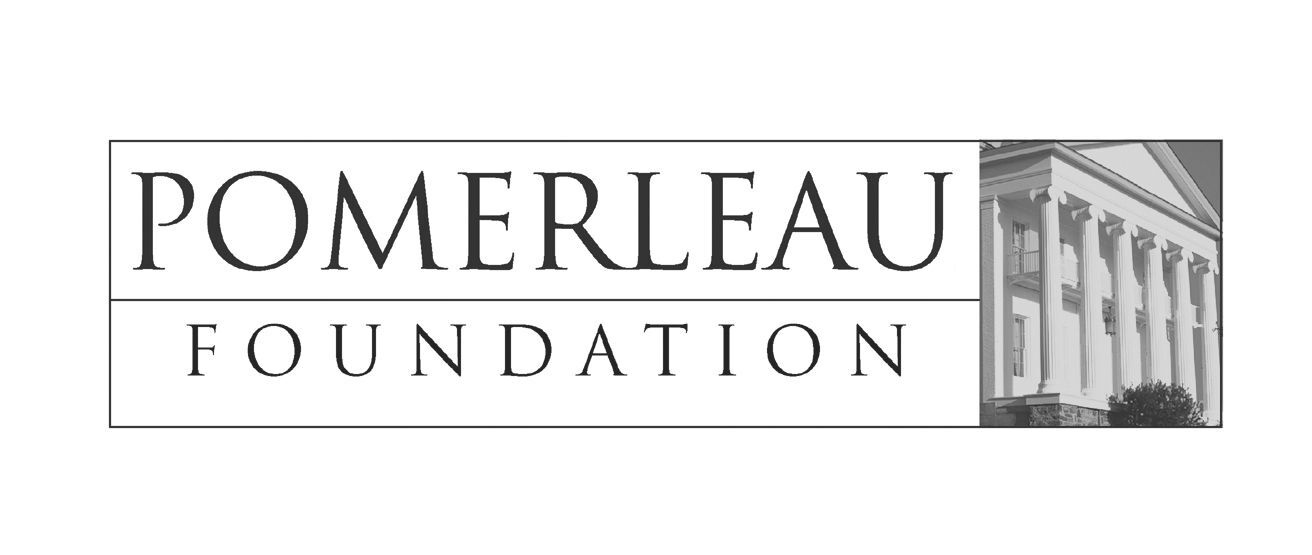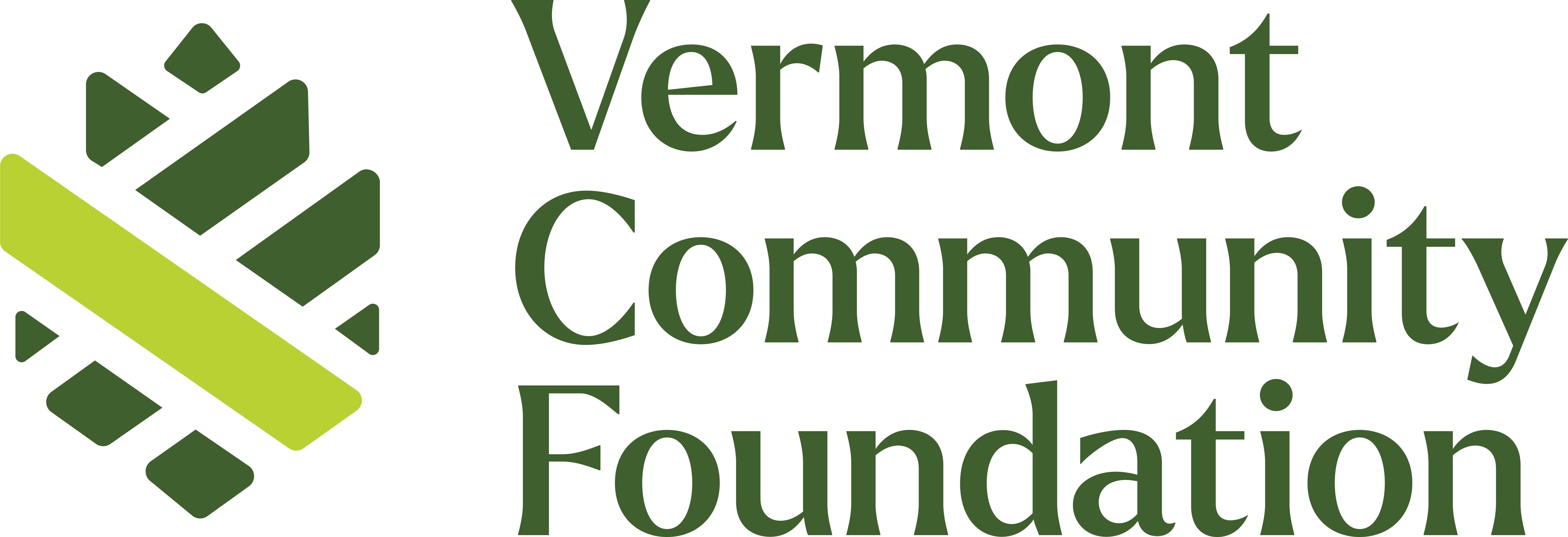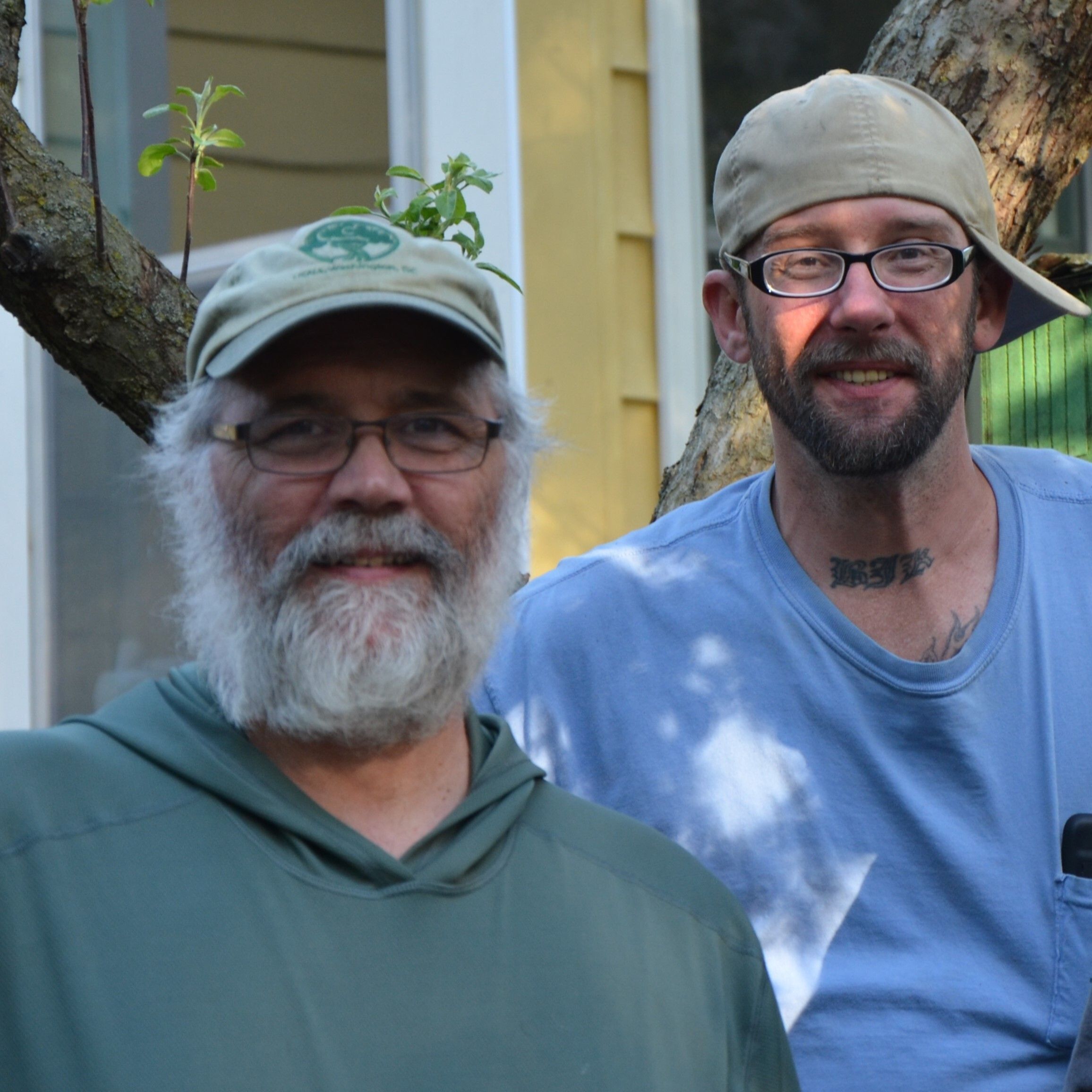
Dismas of Vermont went through a strategic planning process a few years ago. In the final report, the consultants referred to a “Secret Sauce” that Dismas seemed to possess. It was described as secret because they could not precisely name it but they knew it was because of the vast and deep commitment they witnessed from so many. My own contributions to the sauce will conclude with my retirement in April, a history that began in 1985.
First, some history. Ten years before we opened Dismas in Vermont, Fr. Jack Hickey and a group of Vanderbilt University students in Nashville started the first Dismas House when they recognized that many men lacked two critical things when it was time to get out of prison: a place to live and family support. As such, the students decided to find a house that would be big enough for some of them to live in, invite men leaving prison who needed housing and support to join them, and live together in a family-like community. At the same time, the students recognized that former prisoners’ relationship with their community was broken because of the harm done by the crimes they committed and because of their sense of alienation resulting from the subsequent incarceration. They made the evening meal the center of their family-like community and invited members of the wider community to participate as volunteer cooks. Through their relationships with students and volunteer cooks who showed up month after month, Dismas residents experienced inclusion and acceptance ... and reciprocated. The word to describe this dynamic, which has and continues to be at the heart of the Dismas mission, is “reconciliation.”
I firmly believe that the critical ingredient of our “Secret Sauce” can be found in the simplicity inherent in our origin story. Dismas was not the product of a Vanderbilt Criminology professor who, after extensive research, analysis, and testing, developed a behavior modification-based model that would employ the skills of trained professional social workers. Instead, Dismas was born from the connection between ordinary students and regular prison inmates. Students were open-minded enough to recognize a need on the inmates’ part and open-hearted enough to do something about it. The Dismas community is compelling, not because of the sophistication of our techniques, but because of the profound depths of courage and compassion it calls its members to.
In the early fall of 1986, my first speaking engagement on behalf of Dismas was at the United Church of Underhill. The following month, a group of women from that church began volunteering to cook at Dismas House on Buell Street. Their message to residents was simple: “We care enough about you that we will enter into relationship with you.” That message, replicated night after night at the Dismas dinner table, leads to reconciliation and allows the healing of a broken relationship. The United Church of Underhill continues to volunteer monthly to this day. They still show up because the impact of reconciliation, as they experience it, is compelling. And it has been compelling enough for me to conclude, quite some years ago, that the work of Dismas was not my job but my vocation.

